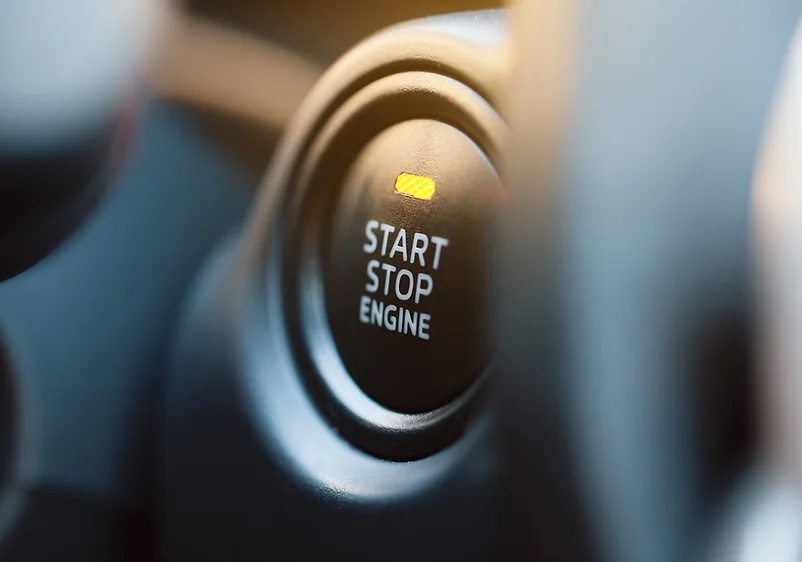Chicago and Naperville Locations
Illinois Hardship Permits: A Brief Overview

The Illinois Secretary of State offers various types of driving permits to applicants, depending on their offense history and eligibility for driving relief. If an applicant is not eligible for full reinstatement or a probationary permit, the Secretary may consider issuing an Illinois hardship permit.” Hardship permits are considered when a revoked driver is experiencing an extreme hardship that warrants the issuance of a restricted driving permit to meet certain obligations.
Hardship permits are available for specific purposes only, including work, school, daycare, court-ordered community service and support group meeting attendance. The Secretary of State provides a detailed listing of the circumstances where a hardship permit may be requested in Section 1001.420(b)(1) of their Code.
Pursuant to the Secretary of State rules, an applicant for a hardship permit must attend a hearing and prove the following, by clear and convincing evidence, the following to the State:
- There are no reasonable alternative means of transportation available to get to work, school, support group meetings, or any other recognized purpose that may merit a hardship permit;
- The issuance of a hardship permit will not endanger public safety and welfare; and
- If a restricted driving permit is not issued, an undue hardship will result, such as loss of job or inability to get to classes to complete coursework.
The availability of a ridesharing service, such as Uber and Lyft, does not necessarily preclude a hardship permit. An applicant can present evidence to show why they cannot continue to meet their obligations by utilizing a ridesharing service, such as long-term cost or lack of availability in their area. Some applicants may reside in remote locations where ridesharing services aren’t readily available, where other applicants may have job-related driving requirements that make ridesharing services unfeasible or cost prohibitive.
The Secretary looks at specific factors to define what constitutes “hardship.” Under the Code, hardship does not exist if the loss of driving privileges is simply inconvenient to the applicant, their friends and/or family members. A hardship applicant must present evidence that there are no reasonable alternative means of transportation available to them to accomplish a recognized purpose, such as getting to work or school. The Secretary will consider if alternatives exist to driving, such as walking, mass transit, carpools, or being driven. Further, the Secretary will examine how the petitioner is currently getting to the destination and whether that arrangement can continue until they are otherwise eligible to apply for driving privileges.
In cases where the applicant is requesting a work permit, the Secretary will examine whether driving is required in the course of employment, as well as the distance between the applicant’s residence and the destination. Many professions require travel as part of their job, such as trade workers, real estate agents, and persons in sales or consulting. The Secretary will consider the nature of the profession to determine if alternate transportation would be reasonable given the driving requirements. For instance, if utilizing multiple ridesharing services would be necessary to perform a job, the State may find the cost of the service amounts to a hardship.
When a person is not yet eligible for a probationary permit or reinstatement, Illinois hardship permits can be a viable option to meet the obligations of work, school, or other specific purposes. Our office is happy to provide a free consultation to determine whether a hardship may exist that merits a potential permit. To schedule a consultation, please contact us at (312) 761-8290 or fill out our contact form.
Further Reading: Illinois Driver’s License Reinstatement
- Practice Area: Driver’s License Reinstatement
- Step-by-Step: The Illinois License Reinstatement Process
- Understanding DUI Revocations in Illinois
- The PDPS: Out-of-State Residents Facing a Driver’s License Hold for an Illinois DUI
- Types of Driving Relief after an Illinois Driver’s License Revocation
- Common Reasons for Denial at Illinois Driver’s License Reinstatement Hearings
- Driving on a Suspended or Revoked License in Illinois
- Understanding DUI Evaluations and Recommended Interventions
- Reckless Homicide and Driver’s License Reinstatement in Illinois
- Illinois Hardship Permits: A Brief Overview
- Law Library: DUI & License Reinstatement Law
- Understanding the BAIID Program in Illinois
- Lifetime Revocations








